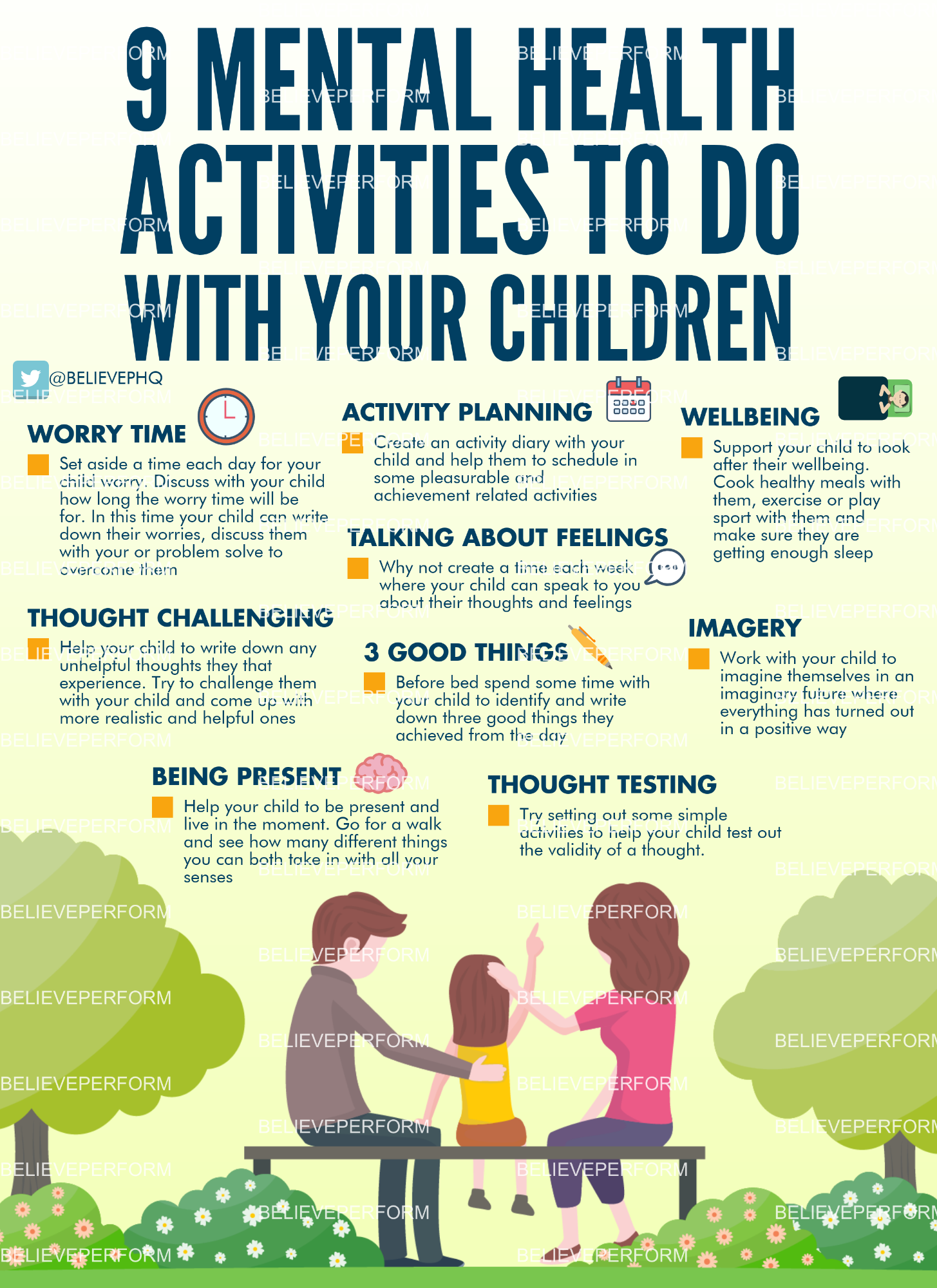If you're worried about a child, encouraging them to talk can be very helpful.
Children express themselves through play as well as words. You can learn a lot about how they're feeling by simply spending time with them and watching them play.
Stressed and upset children often play fighting games with their toys. Comment on this by saying, "There are a lot of fights going on" or "It seems pretty frightening". This can help to get them talking about what's bothering them.
Even if you do not start a conversation, you'll be making the child feel more comfortable with you, paving the way for them to open up to you about their problems.
If you can get them talking, gently ask what's wrong. If the child does not want to open up, let the subject go, then repeat the process at another time until they're ready to tell you what's bothering them.

